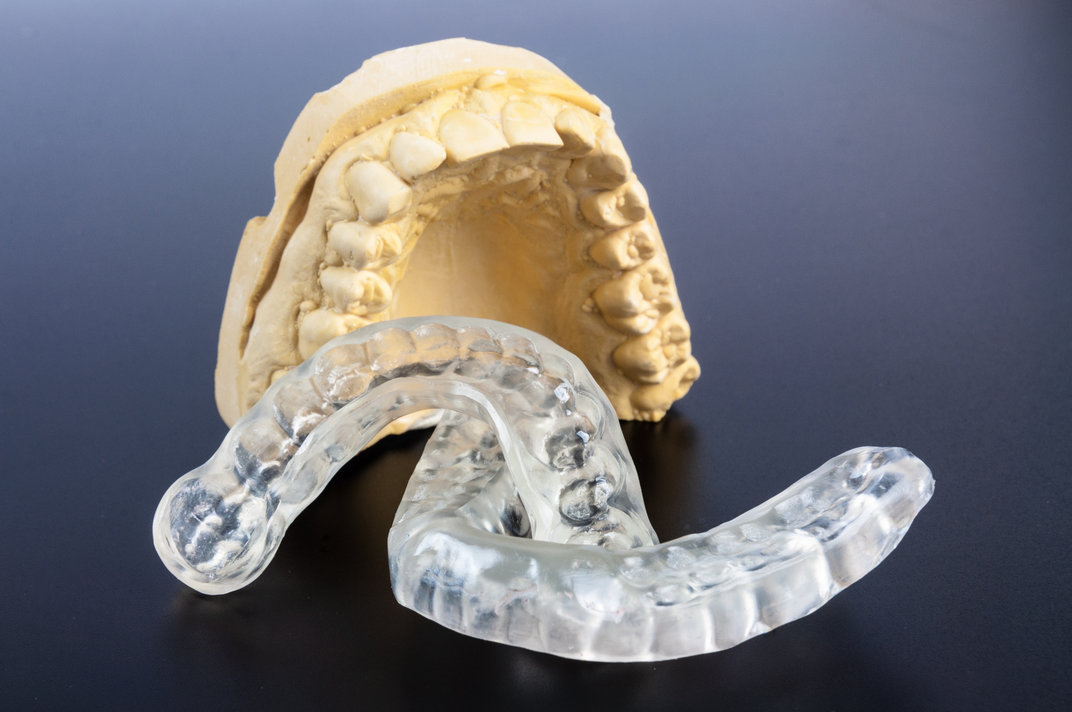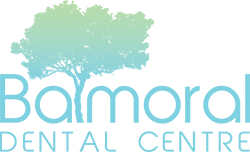Do you grind your teeth?
Do you grind your
teeth?
Teeth Grinding, Gnashing, or Clenching, its called Bruxism
Many people may sometimes grind their teeth (especially at night), leading to wear on the biting surface of the teeth. In dentistry, we give grinding, clenching and gnashing all the same name – bruxism. These all can all damage the teeth and lead to other health problems like headaches, neck aches and jaw pain.
Signs and Symptoms of Teeth Grinding
-
- Grinding or biting sounds when you’re asleep – someone living with you may be able to tell you
- Headache, jaw joint or ear pain
- Aching of the teeth, temples or jaws – particularly upon waking or when eating breakfast
- Stiffness of the face, temples of jaws
- Clenching the jaw when stressed, anxious or concentrating
- Sensitivity to hot and cold
- Cracked, chipped or fractured teeth
- Tooth indentations on the tongue or raised tissue on the cheek
What can teeth grinding cause?
Teeth grinding can lead to several complications:
-
-
- Excessive occlusal wear
-
Teeth grinding leads to excessive wear on the biting surfaces of the teeth, and over time can lead lead to the height of all the teeth in the mouth being reduced. In extreme cases, to restore your teeth to normal height you may need a ‘full mouth reconstruction’, which involves crowning many or all of the teeth in the mouth after careful planning. Read more about full mouth reconstructions here.
-
-
- Cracked or chipped teeth
-
The forces created by the constant grinding or clenching of teeth create minute stress and crack lines within the teeth. Over time, these tiny cracks join up and eventually can lead to a part of the tooth breaking off or the teeth fracturing. You may need a crown or a filling depending on how much of the tooth is broken, contact us if you need to fix a broken tooth.
-
-
- Jaw pain, headaches and stiff jaw muscles
-
If you are grinding or clenching often, or if you are grinding/clenching very hard, the muscles involved in this action may end up being tightened very forcefully or for long periods of time. This can lead to strain on these muscles, where they might be stiff and painful. Areas that can be painful include near the ear, the cheek, the jaw, and the temples, all of which have muscles involved with clenching.
Why do people grind their teeth?
People may unknowingly clench their jaws if they are stressed or anxious, causing their teeth to grind together. Sometimes teeth may grind together due to an abnormal bite or crooked teeth. Most often, people are grinding at night while they sleep, which is why many people can be unaware of their grinding habit and of its severity.
Treatment
There are many ways we can treat the painful symptoms of tooth grinding and to get rid of the habit altogether.
Jaw Exercises/Relaxation Techniques
The first thing we try to help bruxism is a series of jaw exercises to help the muscles relax. We’ll teach you exercises to do, or refer you to a physiotherapist who will look after you. These exercises may relax the jaw muscles and reduce the grinding behaviour.
Occlusal splints
Another option is to wear an occlusal splint at night, which is a custom mouthguard that is designed to lock together to minimize teeth grinding as well as protect the teeth from damage if you grind at night time.

Botox injections
Botox injections into the muscles is another way to reduce grinding. Botox works by relaxing the muscles it is injected into. This is how it can be used to reduce wrinkles – by effectively disabling muscles in the forehead and around the eyes so they are no longer able to contract and wrinkle the skin. The grinding motion is co-ordinated by three muscles, and the most powerful muscle is the masseter muscle which provides most of the force of grinding and clenching. The Botox is injected into the masseter muscle, which weakens the masseter muscle, reducing your clenching habits and weakening the clenching force, but as there are still 2 other muscles that move the jaw to help it clench, you are still able to chew and eat.
If you’ve noticed some tooth wear on your teeth, or are getting any jaw pain that is bothering you, give us a call at (07) 3113 9789 or book an appointment with us online.
Extended Opening Hours -
7 Days a Week!
| Monday | - | 8:30 am - 5:30 pm |
| Tuesday | - | 8:30 am - 5:30 pm |
| Wednesday | - | 8:30 am - 5:30 pm |
| Thursday | - | 8:30 am - 5:30 pm |
| Friday | - | 8:30 am - 5:30 pm |
| Saturday | - | 8:30 am - 5:30 pm |
| Sunday | - | 8:30 am - 5:30 pm |
| Public Holidays | - | Closed |
QIP Accreditation
This helps give our patients who are undergoing treatment at our clinic peace of mind knowing that we have demonstrated evidence-based quality standards of care.
Available 7 days
Friendly Staff
Payment plans available
Dental loans from $2,000 up to $50,000. Get your dental treatment for as little as $20 a week (for a $2,000 loan).
